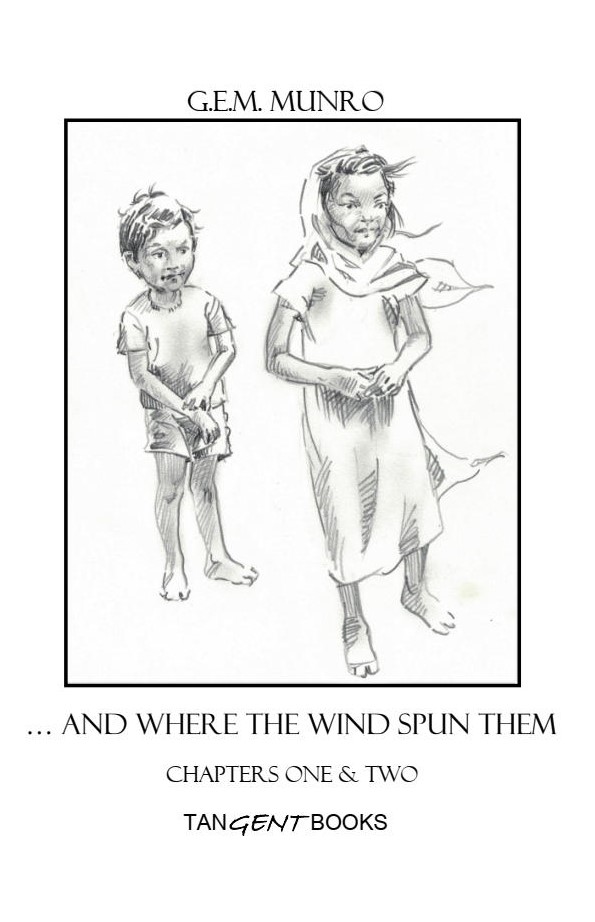
A couple of years ago, in Florida, a very large man wearing a dashiki and a prayer cap approached me before a speech and asked if I would please, please stress to the audience that Islam is a peaceful religion that isn’t in any way represented by the atrocities of extremists. “The terrorists aren’t Muslim,” he said, echoing what I’ve been told thousands of times by other Muslims.
Just about a year later, a newspaper publisher, also a very large man, spoke to me before a speech, asked me to stress to the audience the threat Islam posed to humanity; he had been reading a book outlining the calls to violence to be found in the Qur’an and the Hadith; it was all right there in black and white. I said that it was all right there in all Abrahamic scripture, in the Bible and in the Torah, in black and white, too, and that all Christians and Jews, no matter how devout, had a moral requirement to choose which parts of scripture they could follow, and which they must, in evolved consciousness, reject as intolerable, and so it must be with Muslims. Then I told him what I told the Florida audience, that in my experience the huge majority of Muslims, just like all other people, long for peace, recognize their kinship with all humanity, abhor the brutality of extremists, and truly believe theirs to be a religion of peace and tolerance.
“But they’re wrong,” the publisher insisted.
“Okay,” I said. “If so, what would it benefit us to convince them they’re wrong, that their one true prophet is exhorting them to violence and intolerance?”
He thought for a moment and then said, “You know, you’ve got a point.”
I’ve got another point, too; I liked both of those men, and I’m pretty sure they would like each other, too, because they’re both sincere, decent people, albeit of different perspectives.
Another aspect all Abrahamic faiths have in common is the conviction that one’s nobility is delineated by one’s victimization and persecution, what I call ‘the perfect virtue of the oppressed’. There seems to be a regrettable streak of that throughout humanity as a whole.
I wonder if that’s what prompted an eleven-year-old Muslim girl in Toronto to fabricate a story of being attacked by an Asian man, who twice came at her and cut her hijab with scissors. Or the reason could be as trivial as that she’d damaged her hijab and was trying to lie her way out of trouble; I recall a time from my childhood, when my mother took much too seriously my school-avoiding exaggerations of a minor illness, and how the process of peddling backward out of her panic was more sickening than the symptoms I’d described, and an effective cure for lying. I can’t imagine how I would have felt if I’d been required to press on with my lie while surrounded by police, social workers and the world’s cameras. What I can imagine is that this girl’s going to be the world’s most truthful eleven-year-old, then twelve-year-old, then maybe beyond, after her experience.
What I feel less patience for are the public voices who, properly, decried the fictitious attack, but then, less properly, decried the extent of bigotry in our society, didn’t pause to consider that someone attacking a girl with scissors is primarily motivated by mental dysfunction, not social ethos, and then, improperly, when the report was proven false, didn’t express relief that our society may be a bit better than they’d had a moment to think, but rather said “Whoa, whoa, whoa, don’t go thinking that means society isn’t steeped in Islamophobia, anyway!”
The publisher, I suppose, fit the definition of an Islamophobe, but he’s a reasonable man whose experiences and greater knowledge could certainly change his mind. And, even as a publisher, he hasn’t made his fears a matter of public record. The public voices who, apparently, are disappointed that a little girl’s lie can’t be used to reinforce the perfect virtue of their oppression, to reinforce ‘them versus us’, aren’t doing anyone, including the little girl, any favours.
